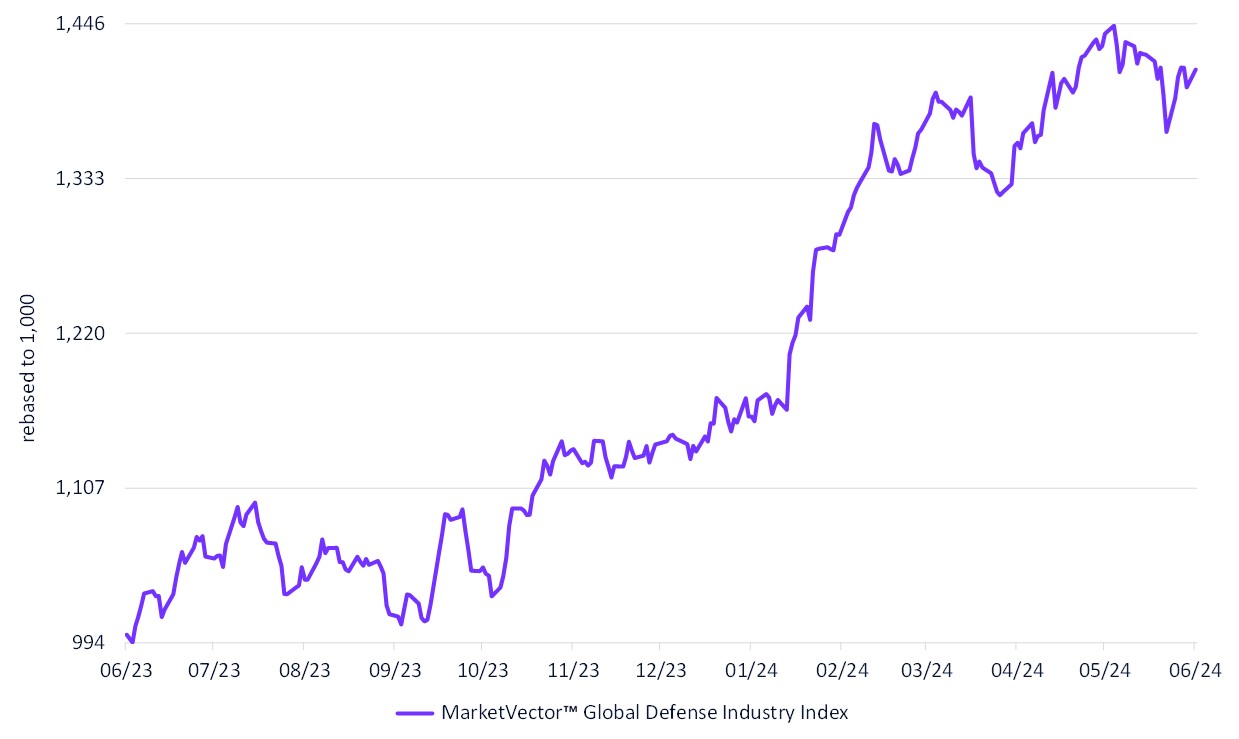Established in 2021, the European Peace Facility (EPF) was created to utilize off-budget funds to assist EU member states in addressing security challenges and providing military assistance to partner countries in conflict areas. Acting as an off-the-books account, it allows for more flexible use of funds. The EPF exemplifies how the EU is developing and expanding mechanisms to finance defense projects through EU-level institutions.
Changing Military Traditions
These incremental steps toward directing the EU's focus on defense objectives are gradually dismantling a longstanding tradition where military spending was left to individual member nations. Analysts estimate that the new funds available for research, development, and potential military procurement could reach billions of euros1. Additional sources for defense funding include the European Investment Bank (EIB) and the European Defense Fund (EDF).
The emergence of these alternative funding sources underscores the urgent need for increased support; however, it may contribute to EU member countries falling short of meeting their 2% defense spending target. In essence, it highlights both the necessity for immediate financial support and the potential consequences for national defense budgets.
Introducing the MVDEFTR index
The MarketVectorTM Global Defense Industry Index (MVDEFTR) tracks the performance of companies that are involved in serving national defense industries. The index is up 22.44% year-to-date as of June 24, 2024, as geopolitical pressures continue to bolster defense investment.
MarketVectorTM Global Defense Industry Index

Source: MarketVector. Data as of June 24, 2024.
Given the nature of the defense industry, it’s crucial that the comprising components maintain a commitment to upholding international human rights standards. Among other filters, the MVDEFTR index screens for chemical weapons such as white phosphorus, which is considered particularly controversial due to its historic use against civilians. Effectively, the MVDEFTR index narrows its scope to the most relevant players with crucial ethical standard, setting a new benchmark for responsible investing.
For more information on our family of indexes, visit www.marketvector.com.
Get the latest news & insights from MarketVector
Get the newsletterRelated:




